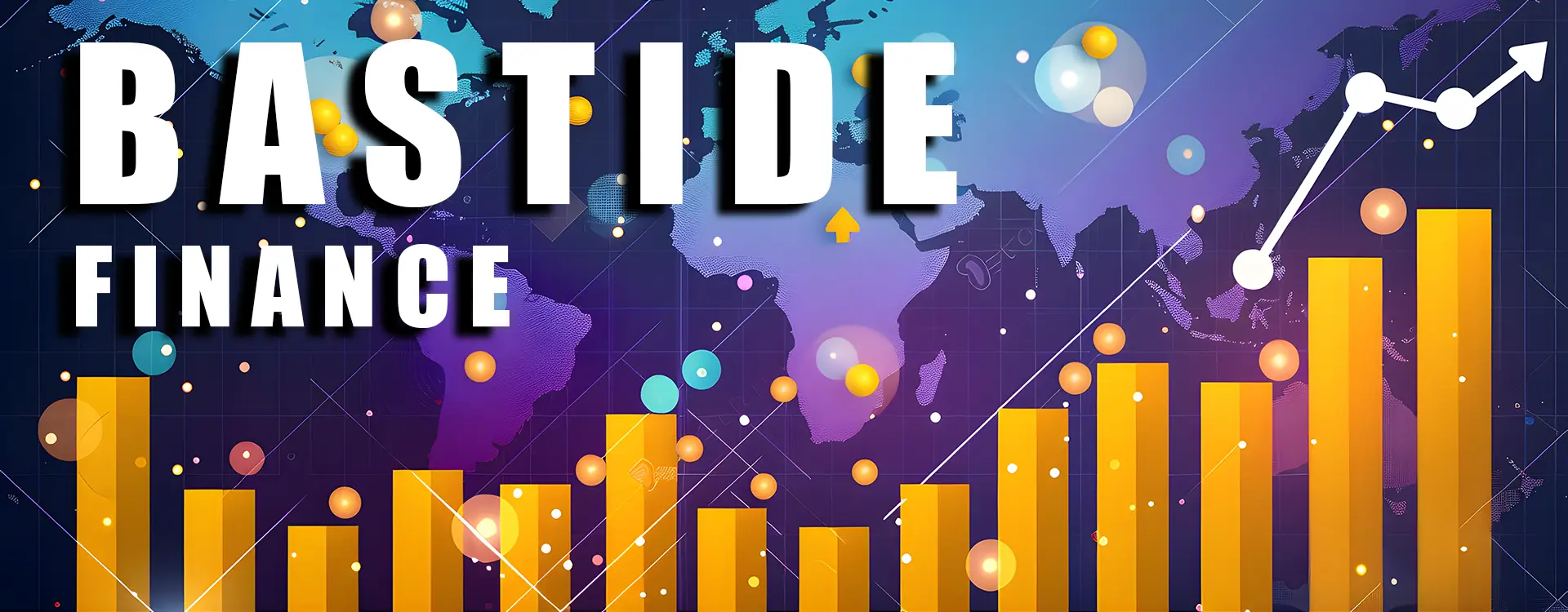South Korea is often parised for its economic prowess, but the nation’s standard of living can be complex for its citizens and foreign workers. The cost of living, particularly in major urban centers like Seoul, can be a significant financial burden for many workers.

Financial Hurdles For Living in Korea
As an economically successful country, the living expenses in Korea can be quite challenging for workers especially those in the lower end of the workforce. Here are some basic living necessities and their cost in Korea:
- Housing: One of the most significant expenses for South Koreans is housing. Rent prices in Seoul, the capital city, can be really high. This cost can consume a significant portion of a worker’s monthly income, leaving little room for other expenses.
- Food and Utilities: While housing costs can be expensive, other aspects of the expenses of living in South Korea are more manageable. Grocery costs are generally on par with or slightly higher than the average, and utilities like electricity, gas, and internet are reasonably priced. Eating out, however, can be quite expensive given the rise of demand on the Korean cuisine as part of their tourism promotion.
- Healthcare and Transportation: South Korea’s healthcare system is often praised for its affordability and accessibility, with the national health insurance program covering a significant portion of medical expenses. However, out-of-pocket costs can still be substantial, and special hospital cases or procedures may not be fully covered. On the other hand, public transportation in major cities is relatively inexpensive, providing a more affordable option to move around.
The Average Wage
According to the latest data from the OECD, the average annual wage in South Korea in 2023 was approximately 46 million South Korean won, which is equivalent to around $35,000 USD. This wage level is reasonably high, putting South Korea on par with other developed economies.
However, the living expenses, particularly in urban areas, can make it challenging for many workers to make ends meet. The high housing costs can consume a significant portion of a worker’s income, leaving little room for other expenses.
Addressing the Imbalance
The South Korean government has introduced some initiatives to solve the problem such as affordable housing programs and efforts to deal with rising housing costs but more work is needed to ensure a comfortable standard of living for all citizens.
Additionally, the government has focused on addressing income inequality and promoting policies that support many of the people in in middle class. South Korea can continue to thrive as a leading economic power while ensuring a high quality of life for its citizens.
